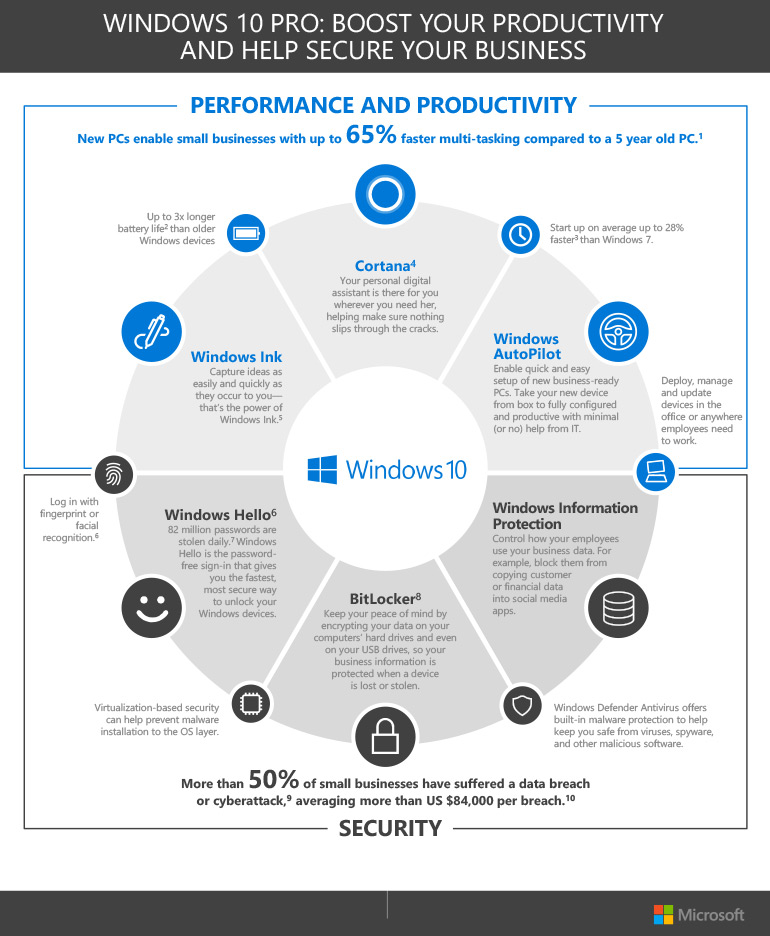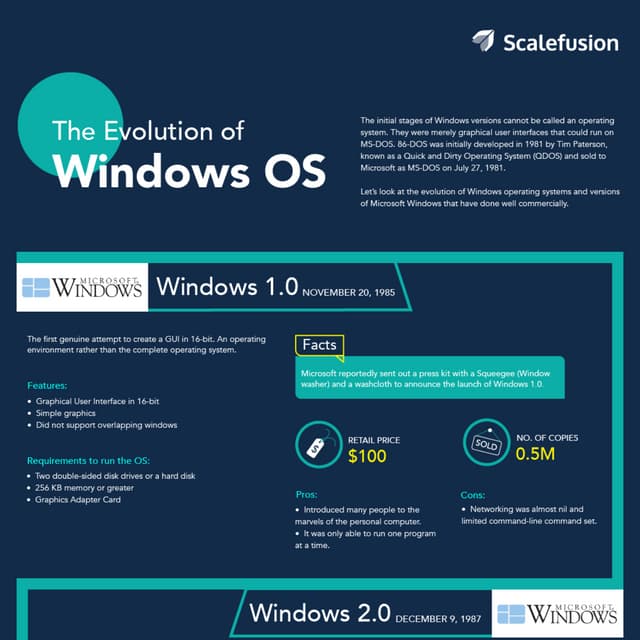Exploring the New Features and Improvements in Windows 9

Discover the exciting advancements in Windows 9 that will revolutionize your digital experience. What's new in the latest version?
Table of Contents
Welcome to our guide on troubleshooting common Windows issues like a pro! Whether you're using Windows 7, 8, 10, or 11, we've got you covered. Windows for Dummies is your go-to blog for mastering Windows operating systems and devices, offering easy how-to guides and tips for users of all levels. In this guide, we will provide you with essential tools, techniques, and best practices to help you tackle common Windows issues with confidence.
Understanding Common Windows Issues
Windows users may encounter a variety of issues, from Blue Screen errors to update problems and slow performance issues. Understanding the symptoms and causes of these issues is crucial before diving into troubleshooting. By identifying the root of the problem, you can effectively address and resolve it.
Essential Tools for Windows Troubleshooting
When it comes to troubleshooting Windows issues, having the right tools at your disposal is key. Tools like Task Manager, Windows Defender, CHKDSK, and Robocopy can help you diagnose and solve common problems efficiently. Task Manager is great for monitoring system performance, while Windows Defender can protect you from malware and viruses.
Troubleshooting Techniques
Ready to roll up your sleeves and start troubleshooting? Begin by checking for software updates, running virus scans, and performing disk cleanup to optimize your system. If you suspect hardware-related issues, investigate driver conflicts and check the status of peripherals. Remember to back up your data before making any major changes.

Image courtesy of via Google Images
Advanced Troubleshooting Methods
For more complex issues, advanced troubleshooting methods may be required. PowerShell commands, System File Checker (SFC), and restoring system backups can help you tackle challenging problems. Windows Recovery Environment is a powerful tool for troubleshooting and repairing system issues.
| Feature/Improvement | Description |
|---|---|
| Start Menu Revamped | The Start Menu in Windows 9 has been redesigned to provide a more user-friendly experience with easy access to apps, settings, and files. |
| Cortana Integration | Windows 9 comes with built-in Cortana, the virtual assistant, to help users with voice commands, reminders, and search queries. |
| Improved Multitasking | Enhanced multitasking features allow users to work with multiple apps simultaneously using virtual desktops and new Snap Assist functionality. |
| Universal Apps | Windows 9 introduces Universal Apps that can run seamlessly across different devices like PCs, tablets, and smartphones for a consistent user experience. |
| DirectX 12 Support | DirectX 12 support in Windows 9 enables better gaming performance with improved graphics rendering and lower overhead. |
Preventative Measures and Best Practices
Prevention is the best cure when it comes to Windows issues. Regular system maintenance, including software updates, data backups, and performance monitoring, can help you avoid common problems. By optimizing your system and taking proactive steps, you can ensure a smooth Windows experience.

Image courtesy of via Google Images
Conclusion
With the tips and techniques provided in this guide, you're now equipped to troubleshoot Windows issues like a pro. Remember, Windows for Dummies is here to help you unlock the full potential of your Windows experience. By following best practices and staying informed, you can navigate any Windows issue with confidence.


